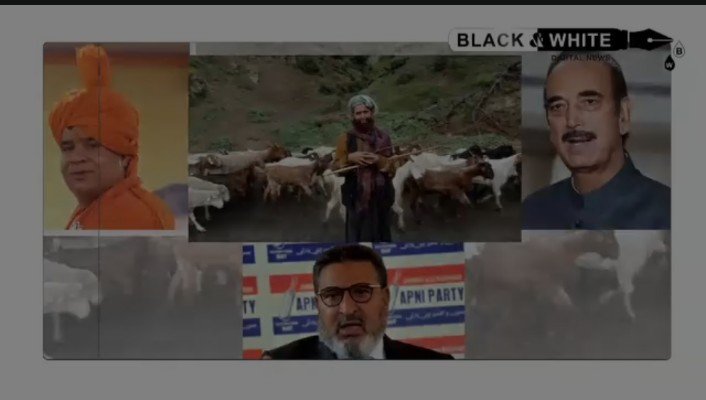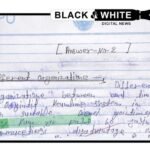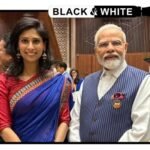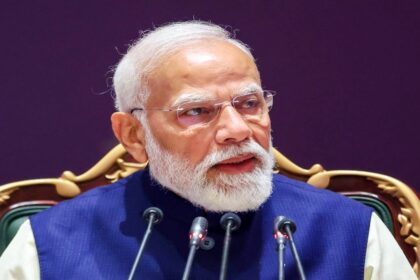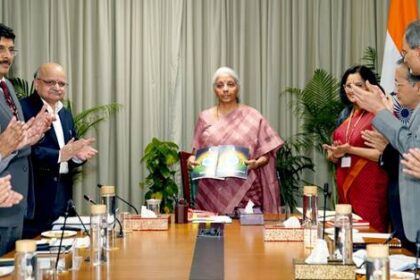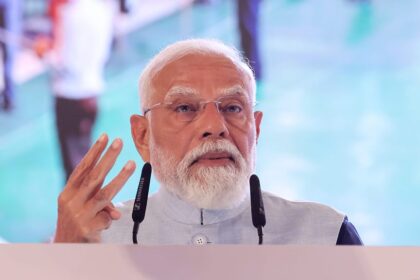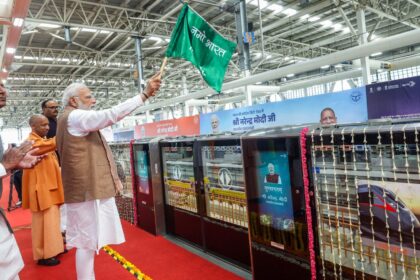Political Maneuvering and Marginalization:
The Gujjar-Bakerwal Conundrum”
*A conspiracy to disenfranchise the Gujjar-Bakerwals.*
Original Ground Zero Exclusive Report by Black and White Digital News.
April 28, 2024
In the intricate tapestry of Indian politics, where every election unveils deeper societal fractures, the recent call for an extended polling period in the Anantnag-Rajouri Lok Sabha constituency has ignited profound concerns regarding the disenfranchisement of the Gujjar-Bakerwal community.
The Gujjar-Bakerwals, a nomadic ethnic group entrenched in Jammu and Kashmir, embark on their seasonal trek to higher terrains during April-May, seeking lush pastures for their livestock. This migratory pattern, deeply intertwined with their livelihood, coincides ominously with the scheduled elections.
This marginalized community, primarily concentrated in the Anantnag-Rajouri constituency, now finds itself at the epicenter of a political game masterminded by specific factions, notably the Bharatiya Janata Party (BJP) and the Apni Party. The request for a postponed polling date appears far from a matter of logistical ease; it emerges as a calculated ploy to strategically disenfranchise the Gujjar-Bakerwals.
At the core of this discord lies the simmering resentment of the Gujjar-Bakerwals towards the reservation granted to the Pahari community, which they perceive as diluting the Scheduled Tribe (ST) quota, thereby eroding their representation and rightful entitlements. This sentiment has galvanized substantial backing for NC leader Mian Altaf, alongside the concerted efforts of Mehbooba Mufti and her daughter, both actively vying for the Gujjar-Bakerwal vote.
Caught amidst conflicting political allegiances, the Gujjar-Bakerwals wield pivotal influence over the electoral fate of multiple contenders. Yet, parties aligned with the BJP, including the Apni Party and the Democratic Party of Apni Party (DPAP), risk losing this crucial vote bank due to prevailing sentiments among the Gujjar-Bakerwals.
The decision to extend the polling duration, ostensibly justified by weather and road conditions, now casts a sinister shadow. It is no longer perceived as a measure to facilitate smooth elections but rather as a calculated tactic to facilitate the complete exodus of Gujjar-Bakerwals from the constituency, effectively obstructing their exercise of the democratic franchise.
This questionable strategy by certain political entities, notably the BJP and its affiliates, unveils a profound betrayal of democratic values. By orchestrating circumstances that systematically disenfranchise a significant ethnic group, these parties subvert the very essence of democratic representation and impartial electoral practices.
The plight of the Gujjar-Bakerwals epitomizes the broader struggles faced by marginalized communities in navigating India’s complex political landscape. Their quest for equitable representation and fair treatment underscores the enduring battle for social justice and inclusive governance within the democratic framework.
As the political saga unfolds in the Anantnag-Rajouri Lok Sabha constituency, the destiny of the Gujjar-Bakerwals emerges as a poignant emblem of the perpetual struggle for political agency and the imperative for authentic, inclusive democracy in India.
Amidst this backdrop, even Pahari leaders within the BJP have encountered disappointment. Eminent figures like Mushtaq Bukhari and Shehnaz Ganaie joined the BJP, harboring hopes of contesting the Anantnag-Rajouri Lok Sabha seat. However, the BJP’s central command’s resources have not translated into local success, underscoring a disconnect between strategy and ground realities in Jammu and Kashmir.
Now, all eyes pivot towards the Election Commission of India, tasked with discerning the genuine ground dynamics amidst the whirlpool of political conspiracies. Will the Commission safeguard the integrity of the electoral process or succumb to the machinations of vested interests? This unfolding saga promises to be a showstopper, exposing the crossroads of politics, power, and people’s democratic rights in India’s electoral theater.
https://fb.watch/rLF7RmrLNQ/?mibextid=rS40aB7S9Ucbxw6v

